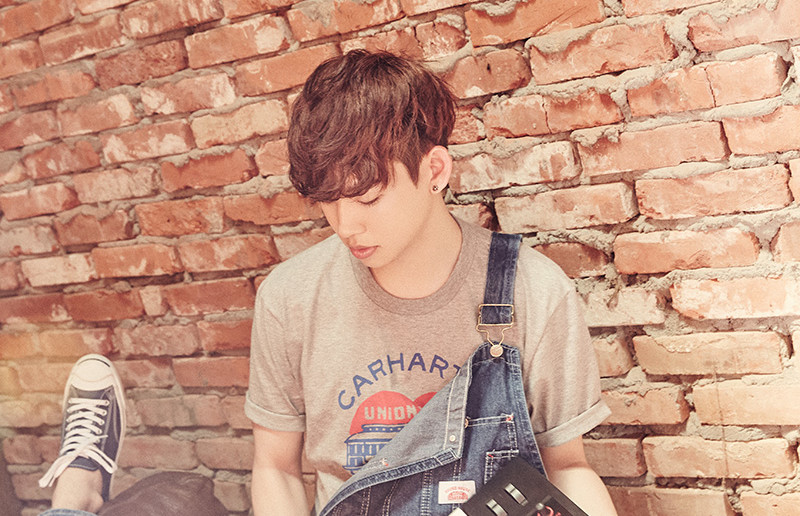KELCEY LORENZO WRITES – They say that diamonds are forever, but in K-Pop fandom, nothing lasts longer than a good, ol’ (often blown ridiculously out of proportion) dating scandal.
From a Western perspective, celebrities dating isn’t a big deal; in fact, it is often expected, even celebrated. But when news of a K-Pop band member dating breaks, the relationship is branded with title “scandal,” regardless of how innocent it may be. Even the slightest speculation of an idol dating can immediately ruin his or her image.
Throughout the later part of January, Im Junhyeok, keyboard and vocalist for JYP Entertainment rock band Day6, was accused of dating a fan after a string of “unusual” updates to his Instagram account (now deleted). Although none of the accusations was ever confirmed, the damage was already done. Many Junhyeok fansites closed and social media exploded with “evidence” of his secret affair.
On February 27, less than six months after officially debuting with the band, JYP Entertainment announced that Junhyeok would be leaving the group via Day6’s official message board. While JYPE’s official statement claimed that he was departing for “personal matters,” many netizens speculate that he either left because of harassment from Day6 fans after dating rumors arose or was dismissed from the group by JYPE due to the backlash of the initial scandal.
It is assumed that anti-fans or click-hungry media outlets would be the sources of the negativity aimed at idols who are revealed to be dating, but it is often the idol’s own fans who blow these dating scandals out of proportion .
A lot of K-Pop fans have an overwhelming sense of ownership in regard to idols, especially female fans toward male idols. They say that they “can’t forgive” him for what he’s done, as if their idol cheated on them. They claim that their idol “betrayed” them, used them to keep his/her relationship hidden, and abused their trust.
However, fans will naturally regard their favorite idols in this way due to how the K-Pop entertainment industry often markets their male idols as boyfriend figures. Web dramas dramatize male idols falling in love with a “typical normal girl” and Morning Call phone alarms allow fans to simulate what it would sound like if their favorite idol to woke them up in the morning.
But regardless of marketing tactics, K-Pop fans need to understand the difference between reality and a constructed image. Many argue, “But aren’t they getting paid to do this? Aren’t the delusional fangirls just part of the job? I’m sure they were aware of this when they signed their contracts.” Yes, idols get paid perform and yes, they get paid to entertain. But, no, they are not getting paid to be your boyfriend.

